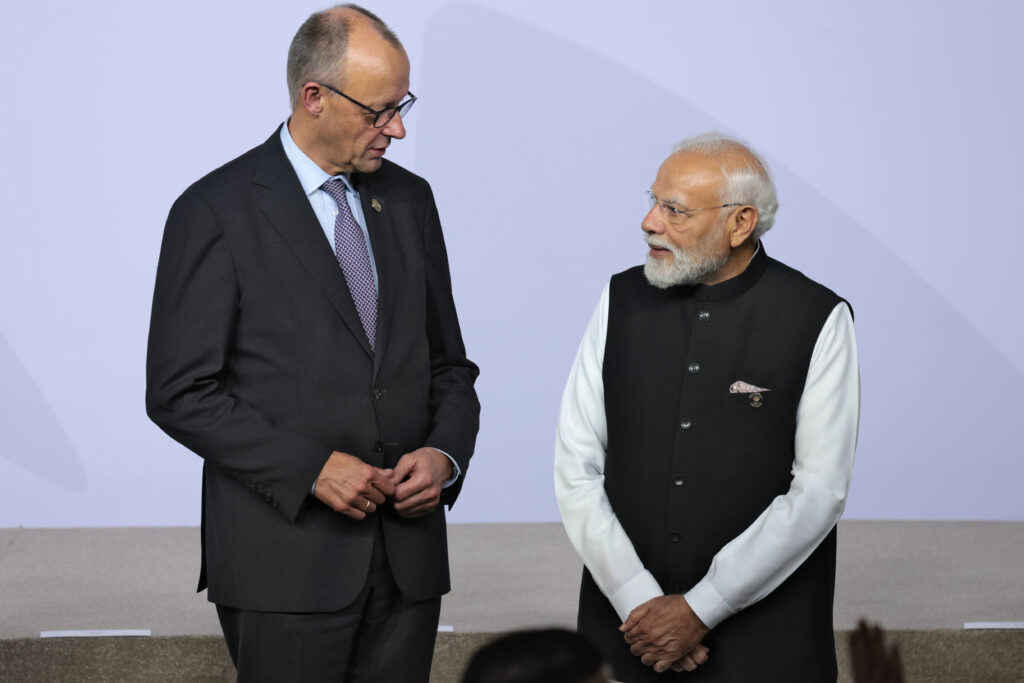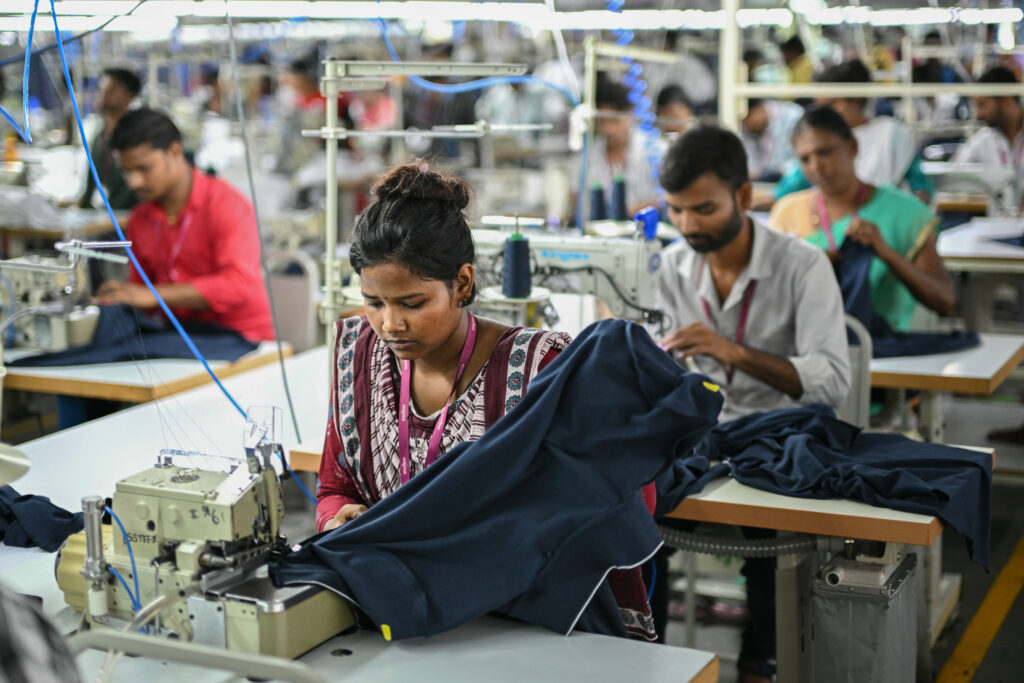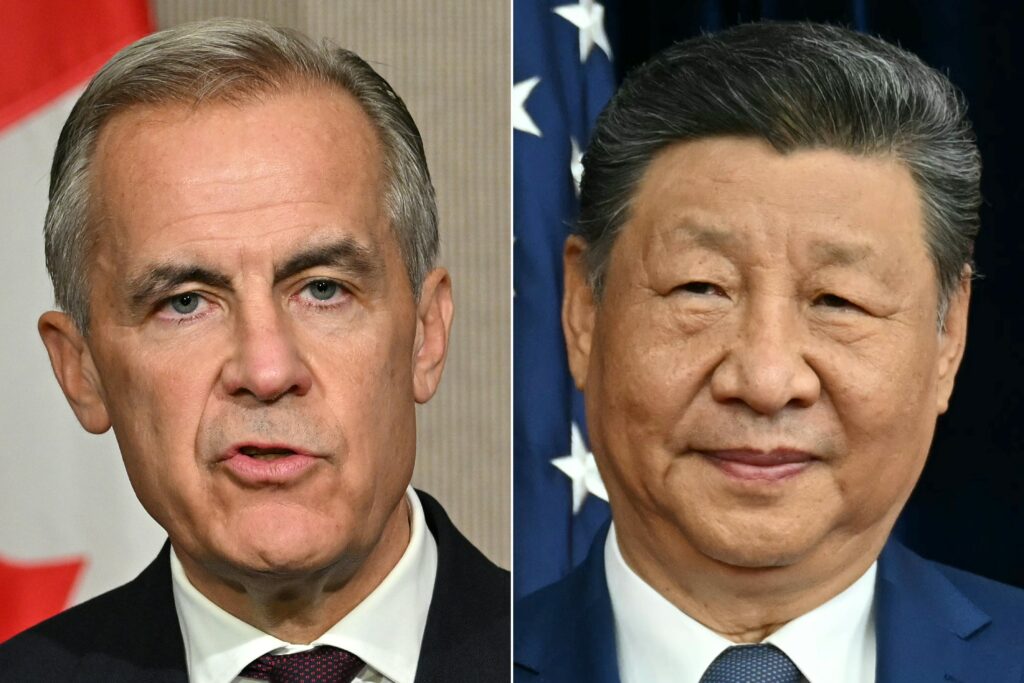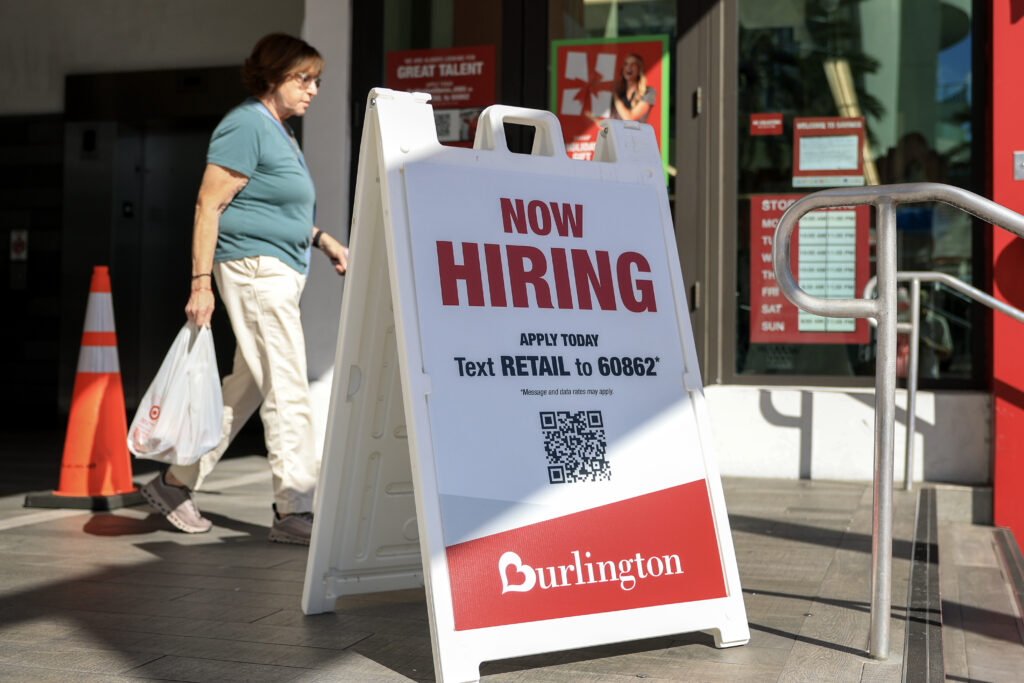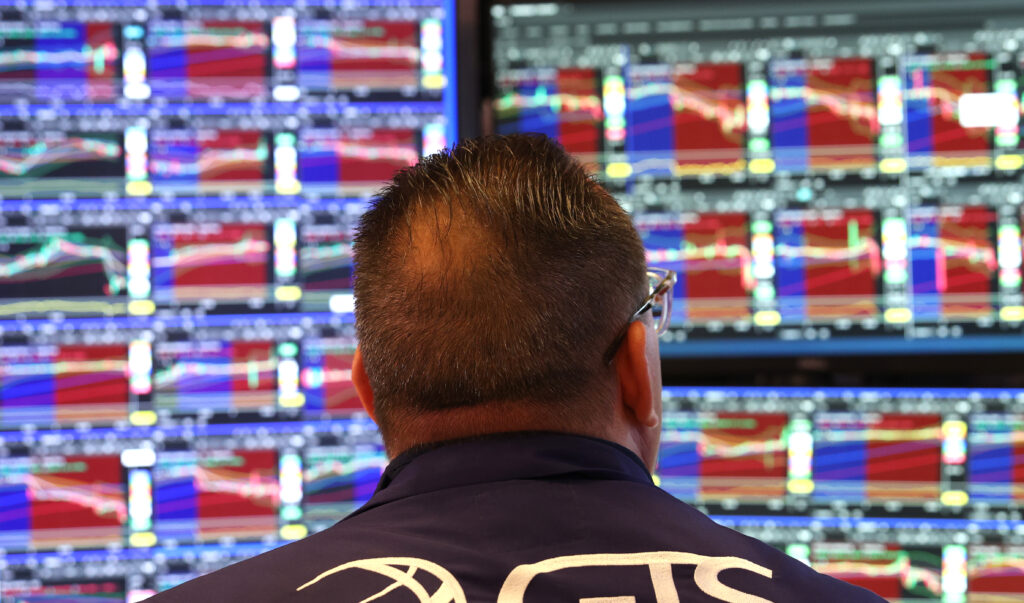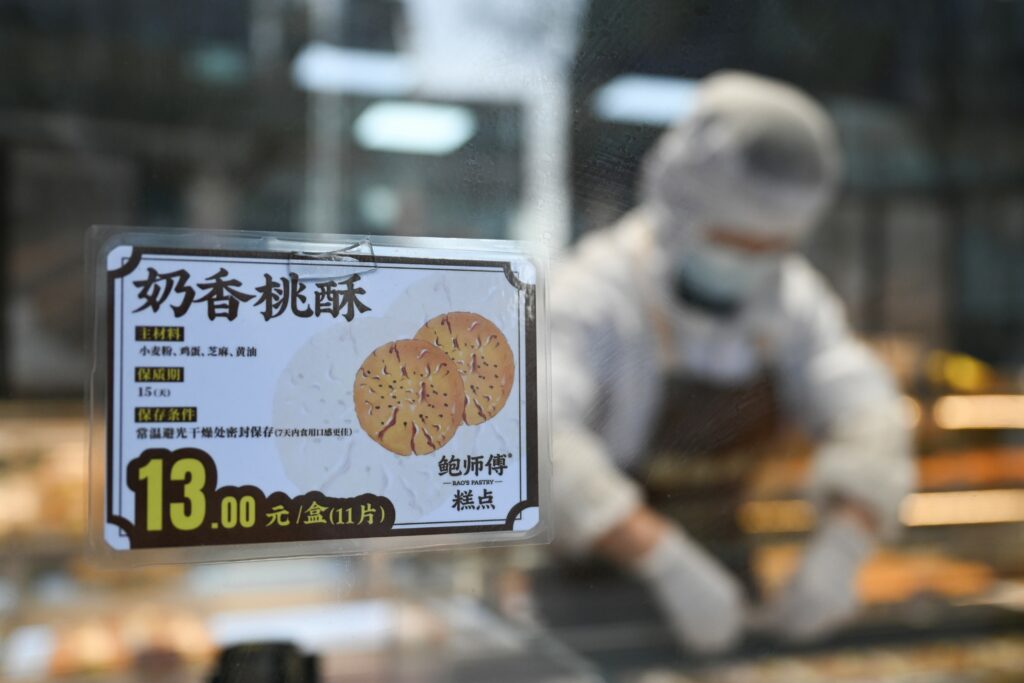Germany’s Merz heads to India to bolster trade, security ties
German Chancellor Friedrich Merz left for India on Sunday for a visit to bolster economic and security ties between the top EU economy and the Asian population giant.Both Berlin and New Delhi face a turbulent world order and a set of economic and geopolitical challenges from the world’s two largest economies, the United States and China.Merz’s visit from Monday — his first to an Asian country since he took office last May — comes two weeks ahead of a planned EU-India summit and as India and the bloc are working on a free trade agreement.”This agreement is envisioned not just as a trade deal, but as a comprehensive partnership that addresses modern economic realities,” India’s commerce ministry said on Friday.During Merz’s two-day visit, Prime Minister Narendra Modi will host him in Ahmedabad, in the premier’s western home state of Gujarat, before Merz travels to the southern technology hub of Bengaluru.The two leaders will attend a traditional kite festival and visit the Sabarmati Ashram, the spiritual retreat where Mahatma Gandhi, the leader of the Indian independence struggle, lived for many years.That Merz chose India for his first trip to Asia as chancellor “demonstrates how India, the world’s largest democracy, is an important strategic partner for Germany,” a government spokesman said on Friday in Berlin.European Commission President Ursula von der Leyen and European Council President Antonio Costa will be in New Delhi on January 26 for India’s annual Republic Day parade.- Submarine deal in the works -For India and Germany, security links could also be bolstered by a potential deal for German’s Thyssenkrupp Marine Systems to build six submarines for the Indian Navy in a partnership with Indian state-run Mazagon Dock Shipbuilders.That deal remains under negotiation, but would allow India to replace its ageing fleet of Russian-built submarines and likely include technology transfer provisions that would help build up its domestic defence industry.According to informed sources, the contract is not expected to be signed during the chancellor’s visit, but it should help move the discussions forward.Merz will be accompanied by a large business delegation, including executives from corporate giants such as Siemens and Airbus.”One of the main objectives of this trip is to deepen economic relations with India,” a German government official said.For Germany’s exporters, India and its 1.4 billion inhabitants represent significant opportunities, with a bilateral trade volume of almost 50 billion euros.Sales have slumped in China, and German firms now face fierce global competition from Chinese rivals in many industries.German-Chinese relations have also become strained, with Beijing limiting supplies of semiconductors and some rare earth elements.”German foreign trade is looking for growth markets, and India is precisely that,” said Florian Wenke of the state-run agency Germany Trade & Invest.- Skilled labour and students -In India, high US tariffs are creating uncertainty and the country is also re-evaluating its stance towards China, said economist Samina Sultan from the German Economic Institute.”This is certainly a time when India is striving to expand trade relations, such as with Germany or with Europe as a whole,” Sultan said.India offers potential growth markets for German green energy technology and defence exports, Sultan said, with India interested in broader partnerships “so as not to become so dependent on Russia, China or even the USA”.Jan Noether, head of the Indo-German Chamber of Commerce, said the timing of Merz’s visit is “absolutely ideal” –- especially as an EU-India free trade agreement appears within reach.Discussions will also focus on the recruitment of skilled labour, according to the German government official.With ageing Germany facing a chronic labour shortage, its companies have long relied on skilled Indian personnel, particularly in the IT sector. Germany is also looking to recruit more workers in the healthcare sector from India.German universities are also a popular destination for Indian students, and Merz and Modi are expected to discuss mobility rules for workers and students as well as cooperation on research.
